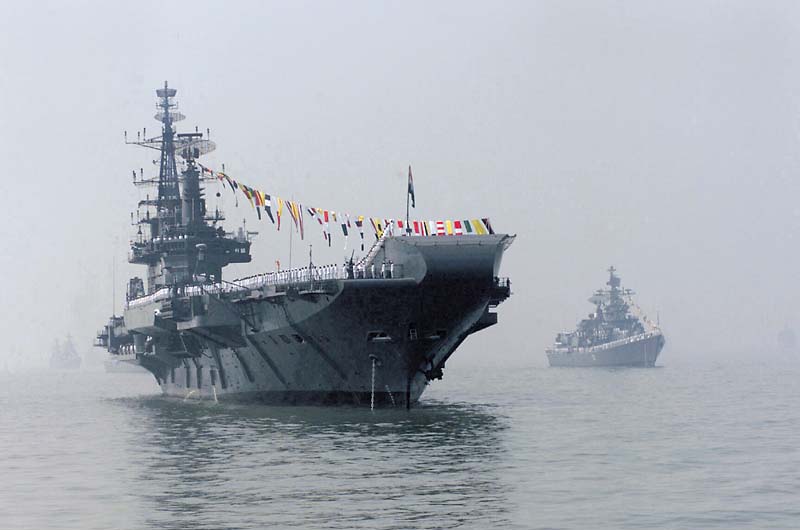The second installment in Dave Weigel’s informative history of progressive rock:
That keyboardists were suddenly rock gods represented the sea change that progressive music brought to the rock ‘n’ roll scene of the 1970s. The pop song was out. The prog epic was in. We laugh now at the foolhardiness of these 20-minute rock operas, but at the time they felt revolutionary — like the future of music, arrived all at once in the form of a wall of keyboards and a Moog organ. Small A&R teams went on treasure digs for progressive music. Labels like Charisma, Immediate, Harvest, and Sire signed bands that never intended to record three-minute singles. And the labels could sign them because the tours and the LPs sold. Rick Wakeman could write a thematic micro-opera about the Knights of the Round Table, and sell 10 million copies. In 14 months, Jethro Tull recorded not one but two albums that consisted of single, 40-minute songs. And they both went platinum.
Who was listening to this music? Hippies. Teenagers. Fans who were sure there was something more out there. People who wanted to drop acid and have their pupils bombarded by lasers. Arty types who wanted to find meaning in music, and who — rather than searching for it in short pop songs based on American blues — found it in the quirky Britishness of prog, equal parts twee and subversive.
The musicians, and the audiences, had grown up with rock. They took it seriously. But they didn’t feel constrained. They were more interested in personalizing or stretching the forms passed down to them. Everybody loved the Beatles, but they loved them best when they got weird. “The Beatles,” said guitarist and producer Robert Fripp, “achieve probably better than anyone the ability to make you tap your foot first time round, dig the words sixth time round, and get into the guitar slowly panning the twentieth time.”
This was supposed to be rebellious music. The Louis XVI of the time was the standard pop song structure — creative kryptonite. In a 1974 feature on Yes for Let It Rock magazine, David Laing explained that the “basic impetus was a justified discontent with the limitations of the pre-Pepper pop approach — the glorification of image, the three-minute single, the pressure towards repetition of the already successful formula.” Rejecting the three-minute single in favor of the suite meant rejecting the “establishment” in every way. “It was felt after Sgt. Pepper anybody could do anything in music,” said Yes/King Crimson drummer Bill Bruford in a 1994 interview. “It seemed the wilder the idea musically the better.”




